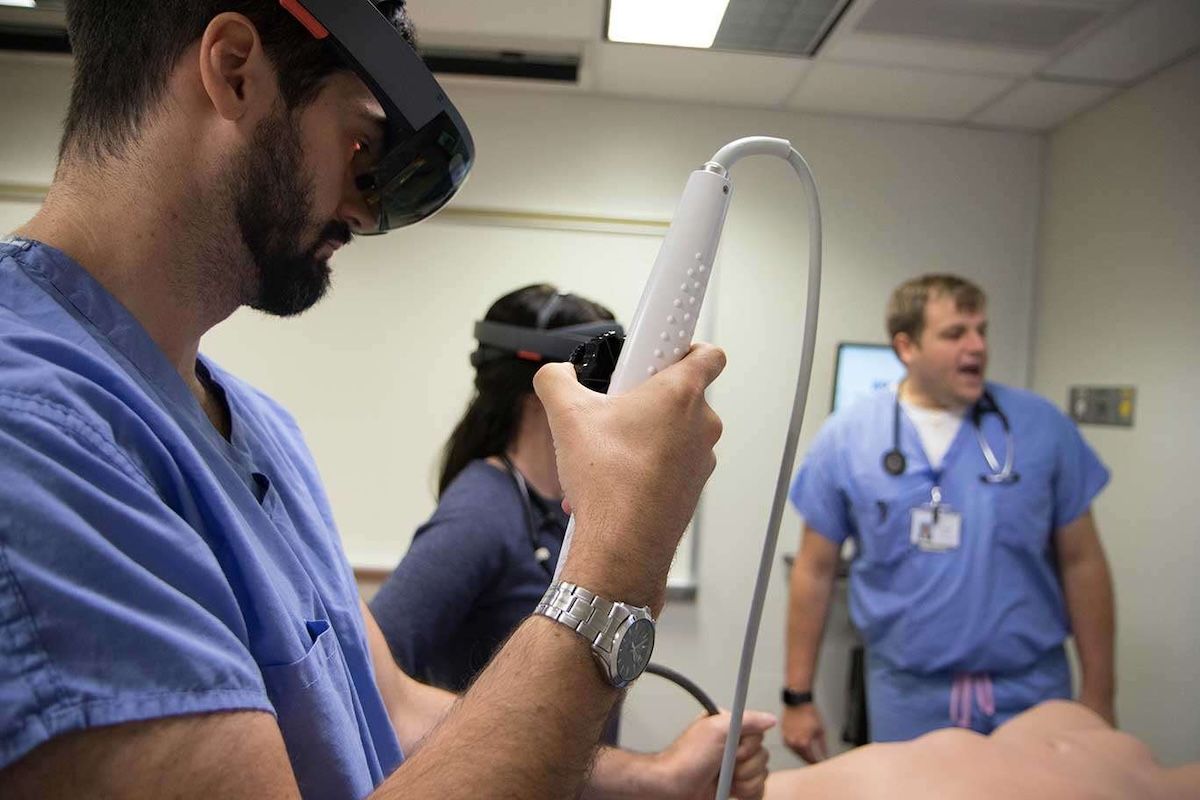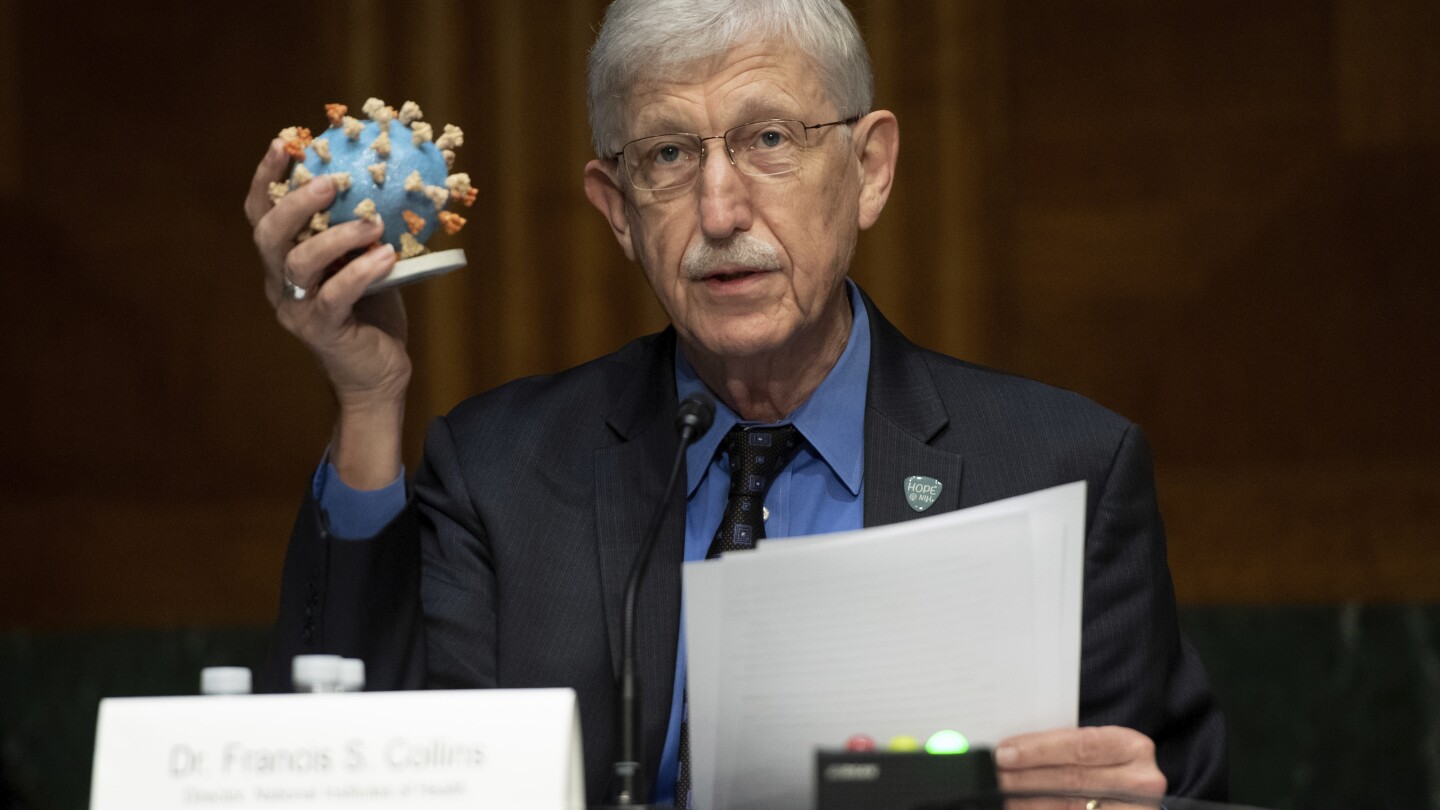Fluoride Fury: Dental Pros Clash with RFK Jr. Over Water Safety Debate
Health
2025-04-18 23:21:08Content

In a controversial stance that has sparked immediate pushback from dental health professionals, Health and Human Services Secretary Robert F. Kennedy Jr. has challenged the long-standing practice of fluoridating public drinking water. Dental experts are swiftly rallying to defend what they passionately describe as one of the most significant public health achievements of the modern era.
Kennedy's critique of water fluoridation has ignited a heated debate, with dental health professionals adamantly standing behind a practice they believe has been crucial in preventing tooth decay and improving overall oral health for generations. Leading experts argue that water fluoridation represents a simple yet revolutionary public health intervention that has dramatically reduced dental problems across diverse populations.
The clash highlights the ongoing tension between skepticism of established public health practices and the scientific community's consensus on proven preventive measures. As the discussion unfolds, dental professionals continue to emphasize the overwhelming evidence supporting the safety and effectiveness of water fluoridation.
Fluoride Controversy: Unraveling the Public Health Debate That's Dividing Experts
In the complex landscape of public health policy, few topics spark as much passionate debate as water fluoridation. The recent statements by Health and Human Services Secretary Robert F. Kennedy Jr. have reignited a long-standing discussion about the safety and efficacy of adding fluoride to municipal water supplies, challenging decades of established dental health practices.The Battle Over Water Safety: Science, Politics, and Public Health Collide
The Historical Context of Water Fluoridation
Water fluoridation represents a groundbreaking public health intervention that emerged in the mid-20th century. Pioneering researchers discovered that communities with naturally occurring fluoride in their water sources experienced significantly lower rates of dental decay. This revelation transformed dental healthcare strategies, leading to widespread implementation of fluoride supplementation in municipal water systems across the United States. The scientific community overwhelmingly supported this approach, viewing it as a cost-effective method to improve population-wide dental health. Numerous epidemiological studies demonstrated substantial reductions in tooth decay, particularly among children from lower-income backgrounds who might lack access to regular dental care.Kennedy's Challenge: Questioning Established Public Health Protocols
Robert F. Kennedy Jr.'s recent critique of water fluoridation has sent shockwaves through the medical and public health communities. By challenging the long-standing practice, he has brought renewed scrutiny to a policy many considered settled science. His arguments primarily focus on potential long-term health risks and the ethical considerations of mass medication through water supplies. Medical professionals and public health experts have been quick to respond, emphasizing the extensive research supporting fluoridation's safety and effectiveness. They argue that decades of rigorous scientific investigation have consistently shown minimal risks and substantial benefits.Scientific Consensus vs. Emerging Concerns
The debate surrounding fluoride is far from simple. While dental associations worldwide endorse water fluoridation, some researchers continue to investigate potential nuanced health implications. Advanced scientific methodologies now allow for more sophisticated analysis of potential long-term effects that were previously undetectable. Epidemiological data consistently demonstrates that fluoridated water has contributed to dramatic reductions in dental cavities. The Centers for Disease Control and Prevention has repeatedly recognized water fluoridation as one of the most significant public health achievements of the 20th century.Global Perspectives on Fluoridation
Internationally, approaches to water fluoridation vary dramatically. Some countries have embraced the practice, while others have rejected it based on different interpretations of scientific evidence. This global diversity highlights the complexity of public health decision-making and the importance of continuous scientific evaluation. Countries like the United States, Australia, and parts of the United Kingdom have extensive fluoridation programs, while nations such as Sweden and Japan have opted for alternative dental health strategies. These divergent approaches underscore the nuanced nature of public health policy.Technological and Medical Advancements in Dental Health
Modern dental care has evolved significantly since fluoridation's initial implementation. Advanced preventive treatments, improved dental hygiene education, and sophisticated diagnostic technologies now complement traditional fluoridation strategies. Emerging research explores personalized approaches to dental health, potentially offering more targeted interventions that might complement or eventually replace broad-spectrum strategies like water fluoridation.Navigating the Ethical Landscape
The fluoride debate extends beyond pure scientific considerations, touching on fundamental questions of individual choice, public health responsibility, and governmental intervention. Ethical discussions center on the balance between population-level health benefits and personal autonomy. Proponents argue that water fluoridation represents a minimal, safe intervention with substantial societal benefits. Critics contend that mass medication without individual consent raises significant ethical concerns.Future Directions and Ongoing Research
As scientific understanding continues to evolve, so too will approaches to dental public health. Ongoing research seeks to develop more nuanced, personalized strategies that can address individual health variations while maintaining population-level benefits. Technological advancements and sophisticated epidemiological methods promise increasingly precise insights into long-term health interventions, potentially reshaping current understanding of fluoridation and dental health strategies.RELATED NEWS
Health

Hands-On Healing: Simulation Lab Opens Doors for Future Medical Professionals
2025-04-25 12:08:00
Health

Wellness Warriors: Wyoming's Innovative Video Campaign Transforms Health Education
2025-03-19 21:28:36
Health

Breaking: Inside the 'Make America Healthy Again' Revolution - A Doctor's Candid Insights
2025-04-04 14:39:47




.png)
